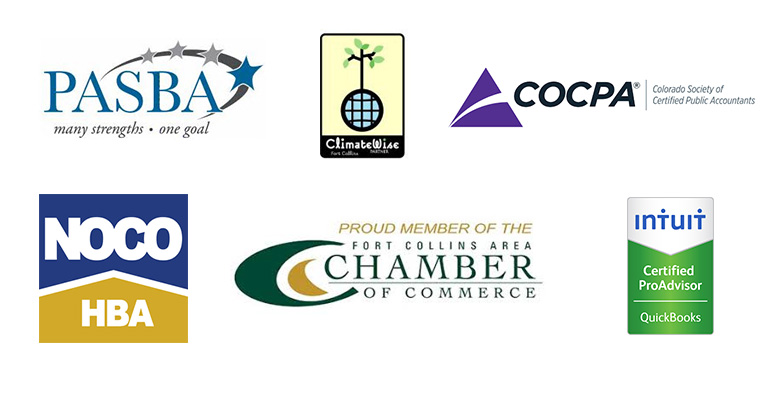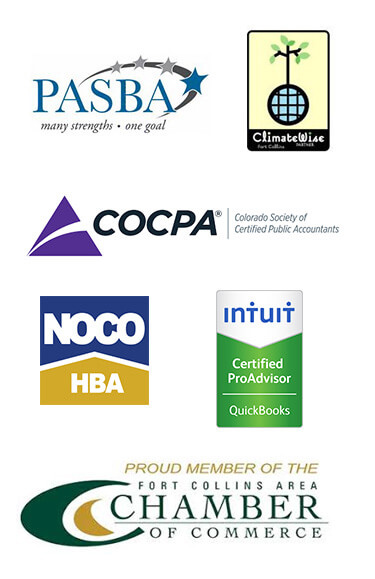April 15th is the date to remember for many individuals and entrepreneurs. But, if you run a small business with employees and year-round earnings, this is just one of many dates to keep in mind. Compliance with IRS regulations means filing all applicable forms throughout the year, and this can be very “taxing” when it comes to your time. You may not think that your small business needs professional CPA tax preparation services, particularly if you’re just starting out, but small business tax help can save you money in the long run and free you to focus on your operational needs.
The Basics of Filing
Every business is required to file annual returns. Forms and dates are dependent upon the type of business you run. If you run a sole proprietorship, you will file a Schedule C with your individual filing by April 15th. If your business is defined as a partnership, you will file form 1065 by the same date. For larger businesses registered as corporations, filing of form 1020 or 1020S is required by March 15th.
April 15th is not just the due date for annual filings. If your business is required to file quarterly, this date marks the end of the first quarter of the calendar year. Many businesses must pay their taxes quarterly to avoid underpayment. The IRS may issue penalties is for underestimating your tax obligation, even if you make up the difference by the time of your annual filing.
Tasked with Estimating
Unless your business has been notified otherwise by the IRS, you will need to file quarterly form 1040ES. Only smaller businesses with limited revenues are generally exempt from this rule. The 1040ES is an estimation of your business’s revenue based on either the prior year’s earnings, or, for new businesses, your own estimation of revenue. As the year progresses, you will be able to adjust your filing to reflect changes in revenue.
Overpayment can be reflected in returns and your adjusted quarterly filings, but underpayment can trigger penalties. Rather than seeking CPA tax preparation help at the end of your business’s calendar year, it is a good idea to have the constant support offered by professionals like Steven J. Wick and Associates. Getting small business tax help places you ahead of the game when it comes to the IRS, ensuring timely and accurate filings.
Employee Withholdings and You
If you run a sole proprietorship or a partnership with no other employees, you do not have to worry about employee payroll taxes. However, if your business employs individuals on a permanent basis, you will need to withhold federal, state, and local taxes, as well as Social Security and Medicare/Medicaid taxes. These withholdings need to be paid to the appropriate agency on a quarterly basis using form 941. Certain businesses are eligible to file other similar forms, such as form 943 and form 944.
In Colorado, your business must quarterly wage and unemployment insurance payments. For federal quarterly filings, you must pay withholdings within one month after the quarter’s end. For state filings, quarters equal three months of the calendar year, and payments must also be made by the end of the month following the quarter. To keep your quarterly filings accurate, you need to know the beginning and end dates for each filing:
- Quarter 1 – January 1st through March 31st (Colorado), January 16th through April 15th (federal)
- Quarter 2 – April 1st through June 30th (Colorado), April 16th through July 15th (federal)
- Quarter 3 – July 1st through September 30th (Colorado), July 16th through October 15th (federal)
- Quarter 4 – October 1st through December 31st (Colorado), October 16th through January 15th (federal)
Remember, your quarterly filings are, in most cases, required. Quarterly payments allow you to adjust your estimations as the year progresses. Simply file an adjusted 1040 when your discover that your revenues do not match your estimated tax liability. When it comes to 941s or other employee withholding forms, late payments or underpayments can result in severe penalties. For instance, late payment of payroll withholdings can result in penalties of up to 15% of your liability.
The Small Business Advantage
Some businesses choose to go it alone, or hire part-time CPA tax preparation help to get them through “tax season”. Chances are, taxes are a year-round concern for you and your business, and compliance is important if you want to avoid fees and penalties.
Keeping track of your tax obligation is among the most important aspects of managerial accounting. That is why your business needs more than just part-time care. When you visit Steven J. Wick and Associates for a free consultation, you can find out how their small business packages can remove the worry from tax filings.




